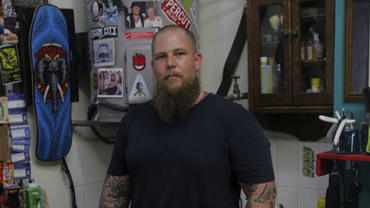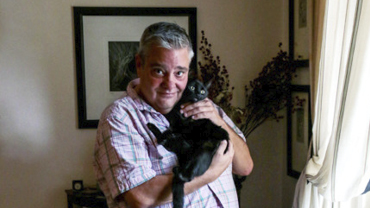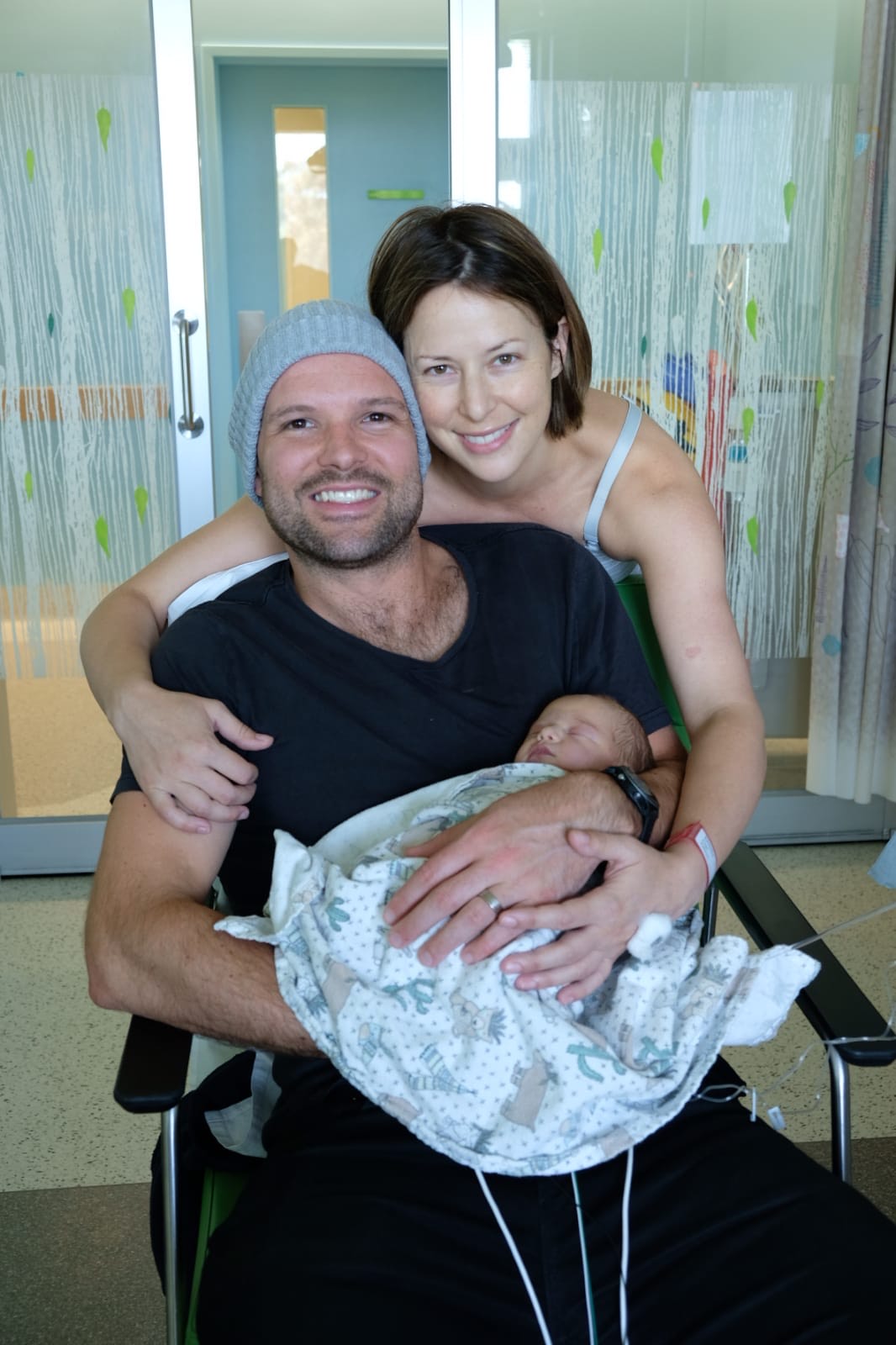Hundreds of thousands of men around the world are diagnosed with prostate cancer every year. In addition to the toll that cancer takes on the body and mind, the necessary treatment for that cancer can also produce a range of life-changing side effects. From muscle loss to an increased risk of cardiovascular disease, side effects can have a serious physical and mental impact. Exercise is a crucial way for men suffering from prostate cancer to maintain control of their lives as they undergo treatment, improving their mobility, mental wellbeing and, ultimately, their quality of life.
I joined the TrueNTH team as the National Exercise Coordinator to make a genuine difference to men’s health. It’s partly personal. I saw the toll that side effects can take when a family member battled with cancer. Although it was fighting the cancer, the treatment process also brought on rapid muscle loss, a decrease in bone strength, restricted physical function and significantly reduced their quality of life. And this isn’t uncommon in cancer patients. Hormone therapy, radiotherapy and chemotherapy can have very dramatic side effects, but there are things that can be done that not only alleviate side effects, but also help to make these treatments more effective. This is what I do, as a clinical exercise physiologist.
Our aim within the exercise and lifestyle team of the Movember Foundation’s TrueNTH program is to make sure that men keep their independence as they go through cancer treatment. Collaborating with a range of exercise physiologists around the world on best practice research, we connect men with prostate cancer to exercise professionals who can deliver tailored and targeted exercise programs which will counteract some of the side effects that will occur. It’s a world first in the prostate cancer field.
Overseeing the research coordinators and exercise physiologists at Edith Cowan University, we aim to place patients with a local exercise physiologist for face-to-face consultations. These exercise programs are not simply a one-size-fits-all approach and are individualised to each patient. Men with access to major cities are often within a reasonable distance of the particular health professional they need to see, but we have a number of patients located in regional areas around the country who do not have access to face-to-face consultations.
For these prostate cancer patients, we provide telehealth consultations over the telephone and using live video-streaming over the internet. This often involves working with both the patient and his partner or carer as, while these individuals may not be suffering from the disease, they are on the cancer journey as well and have a direct impact on the health of the patient during a time when the partner may not be receiving the support that they need. And in many cases, especially when we are delivering remote care, it often helps keep the patient on track if their family is also following the same exercise program.
Even though we’re already delivering programs that dramatically enhance the quality of life for prostate cancer patients, my research in this area is ultimately focused on finding a cure. There are certain functions which happen in the body during exercise which may be able to be mimicked by other treatments down the track to provide increasingly positive outcomes for patients. Combining the knowledge we’re gaining about research into exercise with the other research the Movember Foundation is funding to tackle prostate cancer, we could provide the answer that stops 43 men dying every hour.
.png)
25 January 2017
Hundreds of thousands of men around the world are diagnosed with prostate cancer every year. In addition to the toll that cancer takes on the body and mind, the necessary treatment for that cancer can also produce a range of life-changing side effects.
Dr. Nic Hart: Helping men feel better, move better & live longer
3 MIN READ








